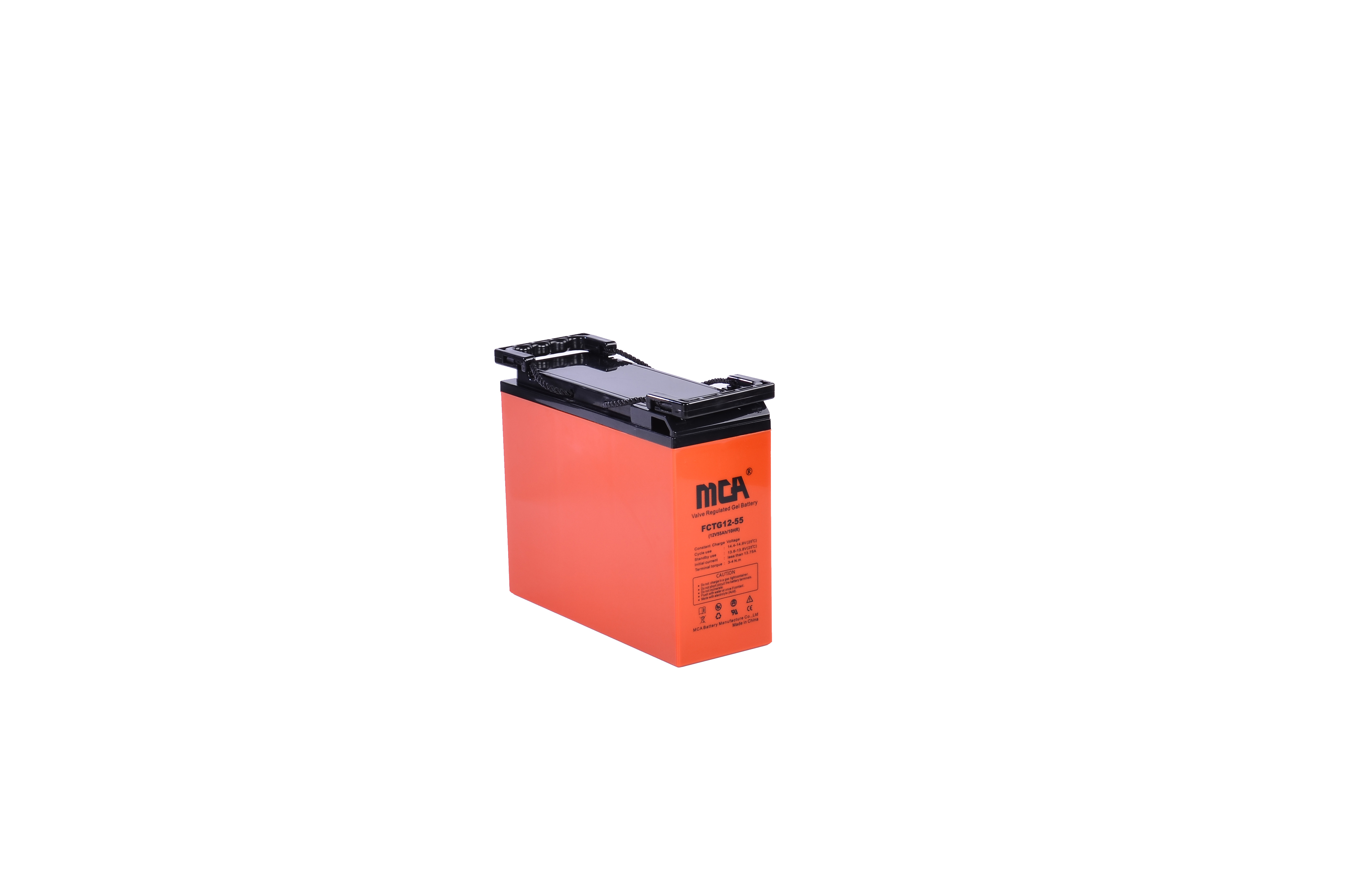13
2025
-
08
Advanced Rack Mounted Lithium Battery Solutions for Modern Energy Storage
Rack mounted lithium batteries have rapidly become a cornerstone in modern energy storage solutions due to their high energy density, long cycle life, and modular design. Unlike traditional lead-acid batteries, lithium-ion rack systems provide higher efficiency, reduced maintenance requirements, and superior safety features. These systems are designed to integrate seamlessly into server rooms, data centers, telecommunication facilities, and renewable energy installations.
One of the primary advantages of rack mounted lithium batteries is their scalability. Individual battery modules can be combined to form larger energy storage systems, meeting varying power requirements without compromising performance. Each module typically incorporates sophisticated battery management systems (BMS) that monitor voltage, temperature, and state-of-charge, ensuring optimal operation and extending overall lifespan. Advanced BMS technologies also prevent overcharging, over-discharging, and thermal runaway, which are crucial for maintaining safety in densely packed installations.
Energy density is another compelling benefit. Rack mounted lithium batteries can store more energy per unit of space compared to conventional batteries, allowing facilities to achieve higher storage capacity in limited physical areas. This compact form factor is particularly important in urban settings or data centers where floor space is at a premium. Additionally, lithium batteries have a lower self-discharge rate, which preserves stored energy over long periods and ensures reliable backup power during outages.
Installation flexibility is a key factor driving adoption. These batteries are often designed to fit standard 19-inch or 23-inch racks, which simplifies integration with existing infrastructure. Modules can be hot-swapped without shutting down the entire system, minimizing operational disruption. Furthermore, the modular design allows for incremental expansion, enabling operators to add capacity as demand grows. This adaptability is especially beneficial in renewable energy applications, where energy storage needs fluctuate with generation patterns.
From an environmental perspective, lithium batteries offer significant advantages. They are more energy-efficient, produce fewer greenhouse gas emissions over their lifecycle, and are easier to recycle than traditional lead-acid counterparts. Many modern systems incorporate eco-friendly materials and adhere to stringent regulations, aligning with global sustainability goals. Additionally, lower maintenance requirements reduce the need for chemical additives and frequent replacements, minimizing environmental impact.
Safety remains a top priority in the design of rack mounted lithium batteries. Advanced thermal management systems, robust enclosures, and fire-retardant materials mitigate risks associated with high-energy storage. Intelligent monitoring ensures that any abnormal conditions are detected early, triggering alarms or controlled shutdowns to prevent incidents. Manufacturers also conduct rigorous testing, including overcharge, short circuit, and vibration tests, to guarantee that the systems perform reliably under various operational conditions.
In terms of performance, rack mounted lithium batteries excel in both continuous and peak load scenarios. They can deliver stable power for critical applications such as data centers, emergency backup systems, and industrial equipment. High charge and discharge efficiency reduces energy losses, and long cycle life ensures consistent performance over many years. Additionally, lithium technology supports fast charging, enabling systems to quickly recover energy storage and maintain operational readiness.
The integration of smart monitoring and predictive maintenance tools further enhances the value of rack mounted lithium batteries. Real-time analytics allow operators to track performance metrics, anticipate potential failures, and schedule maintenance proactively. This reduces downtime, lowers operating costs, and improves overall system reliability. Some advanced systems also support remote monitoring, allowing technicians to manage energy storage across multiple sites efficiently.
In conclusion, rack mounted lithium batteries represent a significant advancement in energy storage technology. Their combination of high energy density, modular design, scalability, safety, and environmental benefits makes them an ideal solution for modern energy applications. Whether deployed in data centers, industrial facilities, or renewable energy systems, these batteries provide reliable, efficient, and sustainable power. As technology continues to evolve, rack mounted lithium batteries are poised to play an increasingly important role in the global transition to clean, resilient, and intelligent energy systems.









